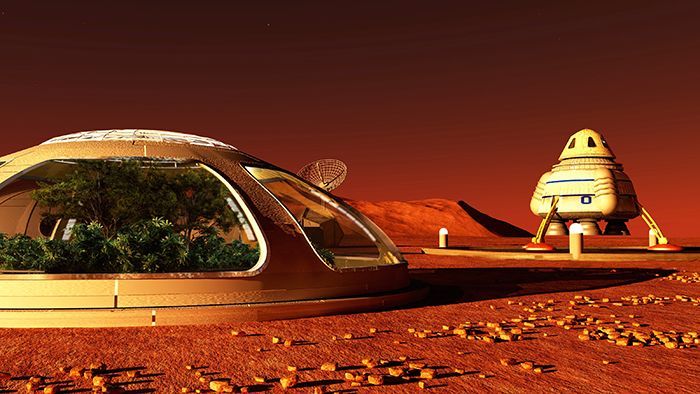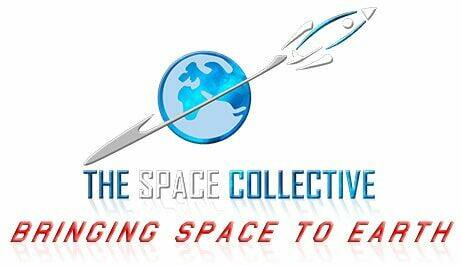
FOOD IS A MARTIAN PRIORITY
It might sound strange that an ethical movement on Earth could transcend the boundaries of our planet, but it is true. At some point in the (hopefully) not so distant future, humans will travel to and colonize Mars, and perhaps even further afield in our galactic neighborhood. After all, exploration and discovery are in our genes, we're a curious species by our very nature, and in the past hundred years alone, we have gone from being a flightless species to one that can travel from one side of the planet to the other in less than a day. Neil Armstrong once said "'We're going to the moon because it's in the nature of the human being", and he was right.
Humans have climbed the highest mountains, dove to the deepest parts of our oceans, and even walked on the surface of the moon. We are explorers, but we're also a practical species. Think about it logically, we cannot transport a cow to Mars, nor a chicken or any other live animal, it simply isn't feasible. Space food as it exists right now is packaged here on Earth in a special facility; the food is freeze-dried and irradiated, packaged, and launched into space. This works well for the crew aboard the International Space Station, just as it did for the Apollo astronauts in the 60s. But Mars is a different ballgame altogether.

So what is the alternative? Astronauts need to be able to grow their food. This limits them to vegetables, fruits, and legumes, the very foundation of a plant-based diet. This is the diet that vegans follow for a variety of reasons; environmental, health, their love of animals, or all of the above. The first colonists on Mars will be vegan out of necessity. They will grow their own food, recycle water, materials, and nothing will go to waste. They will live in harmony with their environment, and this is a lesson we must learn on Earth.
As we look to the future and see how our future Martian cousins will live and coexist with their home, we should follow their example here on Earth. It is possible to live in harmony with nature, in fact, it is vital for our survival. We as humans must advance technologically, but we must also advance morally in equal measure, for one without the other has no meaning.
For a better tomorrow, we start today.
